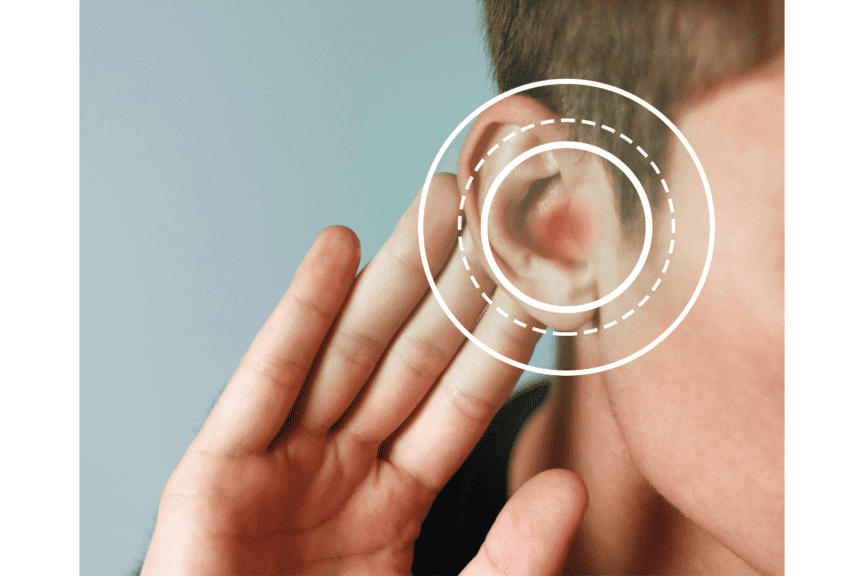Hearing loss is a pervasive issue that affects millions of individuals worldwide, cutting across age, gender, and socioeconomic lines. As an audiologist, my mission is to shed light on the importance of early detection and appropriate responses to hearing loss, while also highlighting recent advancements in prevention, diagnosis, and management. In this article, we will explore the various signs of hearing loss, the significance of early intervention, and the promising future of hearing healthcare.
Recognizing the Signs of Hearing Loss
Hearing loss is often a gradual process, making it challenging for individuals to recognize it in themselves or their loved ones. However, being aware of the common signs and symptoms can help you identify the issue and take appropriate action.
Difficulty in Conversation:
One of the initial signs of hearing loss is difficulty following conversations, especially in noisy environments. If you notice someone often asking others to repeat themselves or struggling to understand what is being said, it could be indicative of hearing impairment.
Increased Volume:
Individuals with hearing loss may frequently turn up the volume on the television, radio, or electronic devices. They may also find it necessary to have the volume louder than others find comfortable.
Social Withdrawal:
Hearing loss can lead to feelings of isolation and frustration. People experiencing this may start withdrawing from social activities they once enjoyed, as it becomes challenging to communicate effectively.
Misunderstanding Spoken Words:
If someone consistently misinterprets spoken words or responds inappropriately to questions or comments, it could be due to hearing difficulties.
Tinnitus:
Tinnitus, or ringing in the ears, often accompanies hearing loss. If someone complains of persistent noises in their ears, it’s essential to take this symptom seriously.
The Importance of Early Detection
Early detection of hearing loss is crucial for several reasons. Firstly, untreated hearing loss can lead to cognitive decline and mental health issues, including depression and anxiety. Recent research has shown a strong correlation between untreated hearing loss and an increased risk of cognitive impairment. Therefore, addressing hearing loss early can potentially mitigate these risks.
Secondly, untreated hearing loss can strain relationships. Communication is the cornerstone of healthy relationships, and when hearing loss impedes it, misunderstandings and frustration can erode the bonds between individuals. Early intervention can help maintain strong connections with loved ones.
Moreover, hearing loss can affect an individual’s professional life. Difficulty hearing in meetings or misunderstandings at work can hinder career advancement. By addressing hearing loss promptly, individuals can maintain their productivity and competitiveness in the workplace.
Advancements in Prevention, Diagnosis, and Management
Recent years have witnessed remarkable advancements in hearing healthcare, making it easier than ever to prevent, diagnose, and manage hearing loss.
Hearing Protection:
With increased awareness of the risks of noise-induced hearing loss (NIHL), advanced hearing protection solutions are now available. These include custom-made earplugs for musicians and noise-canceling headphones for everyday use.
Early Screening:
Screening for hearing loss has become more accessible, thanks to smartphone apps and online hearing tests. These tools can provide preliminary insights into one’s hearing health and serve as valuable indicators for further evaluation.
Telehealth Services:
The COVID-19 pandemic accelerated the adoption of telehealth services, including virtual audiology appointments. Patients can now receive professional guidance and recommendations from the comfort of their homes.
Cochlear Implants and Hearing Aids:
Cochlear implant technology continues to advance, offering improved hearing outcomes for those with severe to profound hearing loss. Hearing aids have also seen significant improvements in terms of size, comfort, and performance.
The Future of Hearing Healthcare
Looking ahead, the future of hearing healthcare holds promise. Researchers are exploring innovative interventions, such as regenerative therapies to restore damaged hair cells in the inner ear. Additionally, hearing aids are becoming more intelligent with AI-driven features that adapt to different listening environments.
In the coming years, we may witness the integration of hearing healthcare into broader health management systems. Regular hearing check-ups could become as routine as annual physicals, helping to detect and address hearing issues early on.
Recognizing the symptoms of hearing loss in others and responding appropriately is a compassionate act that can significantly impact their quality of life. Early detection and intervention are essential in preventing cognitive decline, maintaining strong relationships, and thriving in personal and professional endeavors. With advancements in prevention, diagnosis, and management, the future of hearing healthcare is bright, offering hope for those with hearing loss and their loved ones. By staying informed and vigilant, we can ensure that no one’s hearing loss goes unnoticed or untreated.

